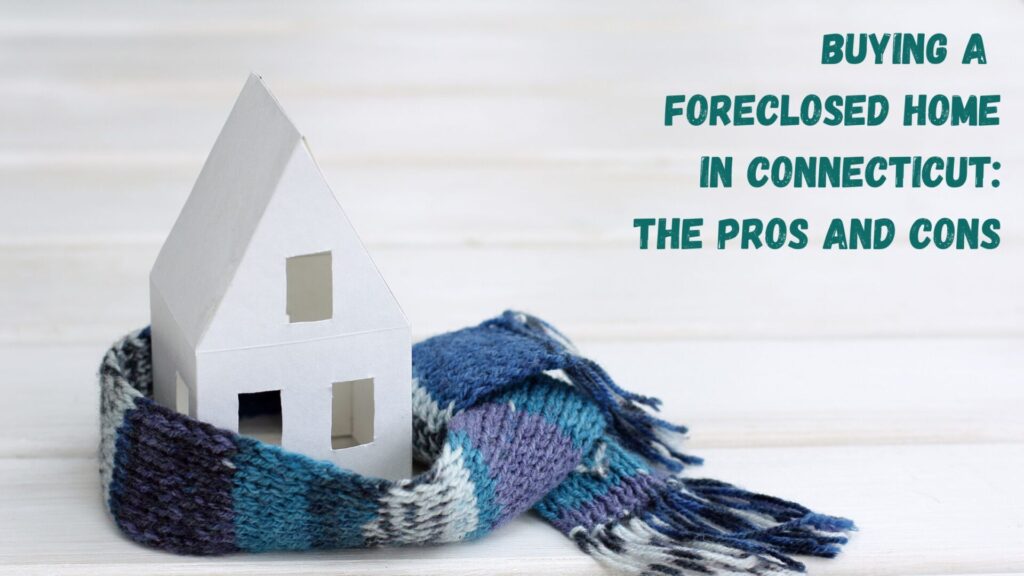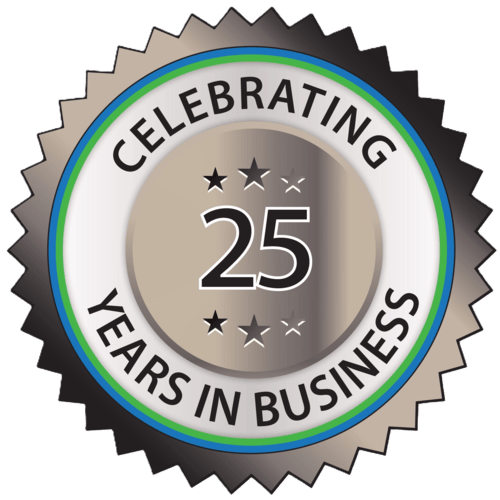
If you want to get a larger home than you could normally afford, buying a foreclosure can be a good option. Foreclosed homes are significantly more affordable than standard homes for sale, but they can also come with unique risks that you don’t have with an ordinary purchase. Before you invest in a foreclosure, it’s important to know the pros and cons of buying foreclosure homes. While buying a house in foreclosure can be a great way to find a home sold below market value, you should also consider the downsides of buying a foreclosure before you buy.
What Is Foreclosure?
Buying a home is an expensive endeavor, which means most people can’t afford to do it with the amount of cash they have in a savings account. For most individuals, the only way to buy a home is to take out a mortgage loan, which means making monthly payments with interest until the entire loan is paid off. These mortgage loans are generally paid off over a 30-year period, which makes the average monthly payment a little higher than the cost of rent in most areas.
When a homeowner can’t make monthly mortgage payments on the home they purchased, the bank that provided the mortgage loan may decide to repossess that house to get their money back. This process is known as foreclosure, and it typically happens to homeowners who have missed several mortgage payments consecutively. The unique circumstances surrounding foreclosed homes mean you can get a great deal on a great home sold as-is, and sometimes you can get a home with no money down.
what does a foreclosed house mean?
Foreclosed homes are properties that are real estate owned. Most of the time the lender has recalled the loan due to non-payment allowing them title to the property. When a homeowner falls behind on their mortgage payments, the lender can initiate foreclosure proceedings to repossess the property. This process allows the lender to auction or sell the property in order to recover the remaining balance of the mortgage loan.
Condition of the Foreclosed Home
However, one of the biggest risks with purchasing a foreclosed on is the condition of the home. Simply, homeowners who can’t afford to make monthly mortgage payments typically can’t afford to take good care of their homes, either. There are several types of damage that are common in foreclosed homes:
- Structural damage: Spotting structural weaknesses in a home can be a difficult task, especially if nobody has been in the crawlspace or attic in a while. With foreclosure homes, structural damage is a common problem for buyers.
- Water damage: Water damage is one of the most common types of damage that occurs in homes, and foreclosure homes are no exception. This water damage may have led to the growth of mold in the crawlspace, walls, or attic, which is why a thorough home inspection is so important.
- Vandalism: Some homeowners who are upset about their home going into foreclosure will intentionally damage a home before leaving.
- Lack of maintenance: Due to a shortage of money, poor maintenance is common in foreclosure homes. Look out for signs of a poorly maintained home to make sure you get a fair price.
Maintenance & Repairs
While homeowners often repair a home before selling it, that’s not the case with foreclosures. Instead, foreclosure homes are sold as-is, which is why foreclosure buyers pick realtor and inspector teams who have dealt with foreclosures in the past. Once you purchase a foreclosure home, you’ll have to start figuring out what repairs you need to make and how you’re going to pay for those repairs.
Just because there are often repairs involved with buying a foreclosure home doesn’t mean these homes are a bad investment. Because you can buy foreclosure homes for less than market value, you’ll have leftover money for repairs while still being able to make a profit on your purchase.
Are foreclosed homes cheaper?
Foreclosed homes are often sold at public auctions or through real estate agents as bank-owned or real estate owned (REO) properties. These properties are usually sold at a discount compared to their market value, as lenders typically want to recoup their losses quickly. Buyers of foreclosed homes may find them to be a good investment opportunity, but it’s important to conduct thorough research and inspections before purchasing a foreclosed property, as they may come with certain risks and challenges.
Foreclosure Title Search
Wondering if that Foreclosed home is a good deal or not? Be sure to reach out to Fusion Title Search to complete your title search.
Why get a title search if you are purchasing from a bank? – There can be instances where there is a defect, the bank may not actually own the property in its entirety or not all the property you may think you are buying.
The good news is that most foreclosures wipes the title clean of any junior liens (mortgages or judgments that were recorded after the foreclosing mortgage) so in this aspect buying a foreclosure can be a good thing, but an attorney needs to search the title to make sure there were no judgments, liens or mortgages that were put on record prior to the foreclosing deed of trust, because if that happened then the buyer takes “subject to” those senior judgments/liens.
A lender can only sell what they have, so if the property includes multiple lots or parcels and the deed secured only Lot 1 instead of Lots 1 and 2, the lender can only convey their interest to Lot 1. There also have been instances where the lender’s deed has the entirely wrong property, so the deed was defective and so was the foreclosure. Hiring a professional title searcher from Fusion Title search and completing a title search will ensure that the property has proper chain of title, and the entire property can be purchased.

